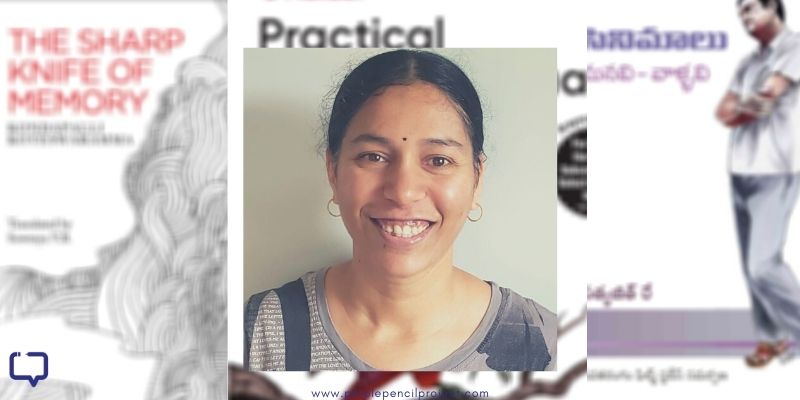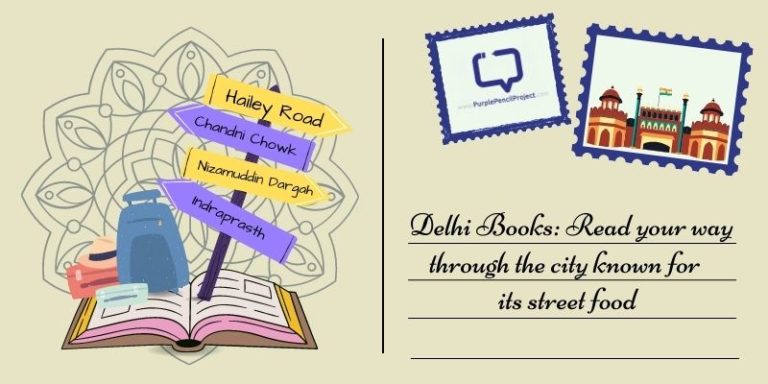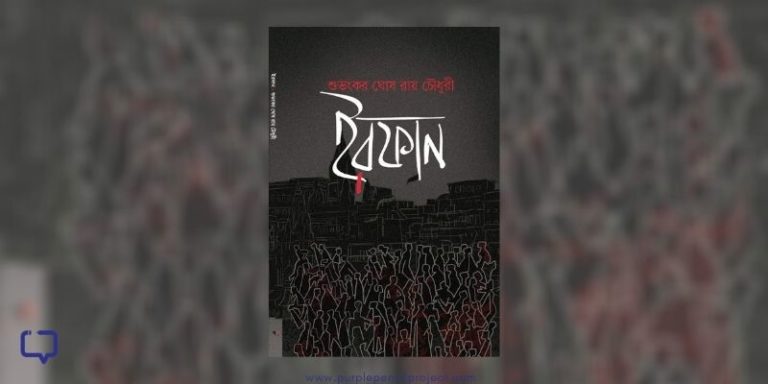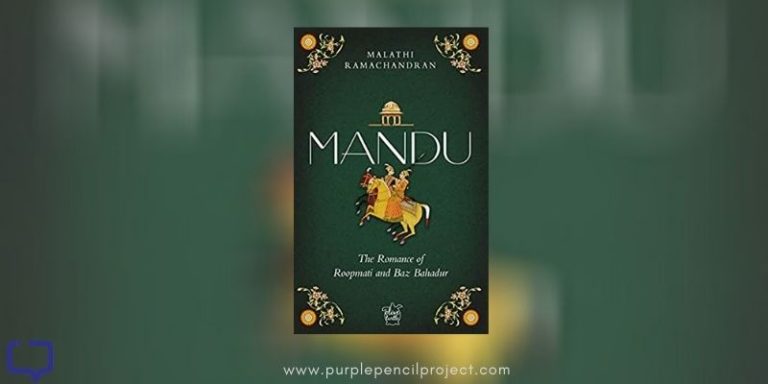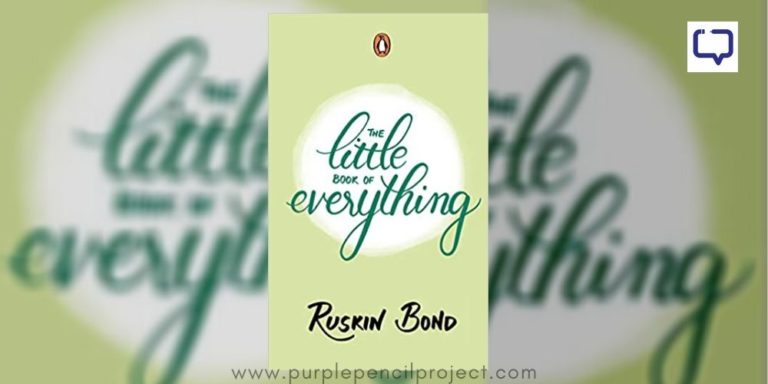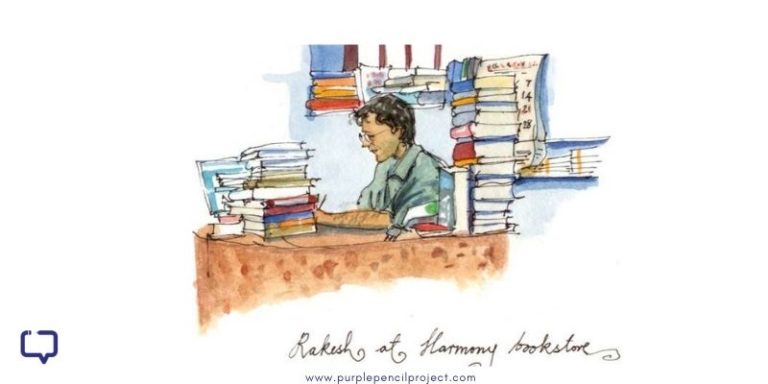Sowmya Vajjala is a translator, notably for her work ‘The Sharp Knife of Memory’ from Telugu to English and has translated “Our Films, Their films” by Satyajit Ray into Telugu. Sowmya Vajjala has a PhD in Computational Linguistics from University of Tubingen, Germany. She currently works as a research officer at National Research Council, Canada’s largest federal research and development organization.
The Sharp Knife of Memory is a magnum opus, revolving around the author’s life through a tumultuous century of the Independence movement. It being a memoir, what was the translation and research process like for you?
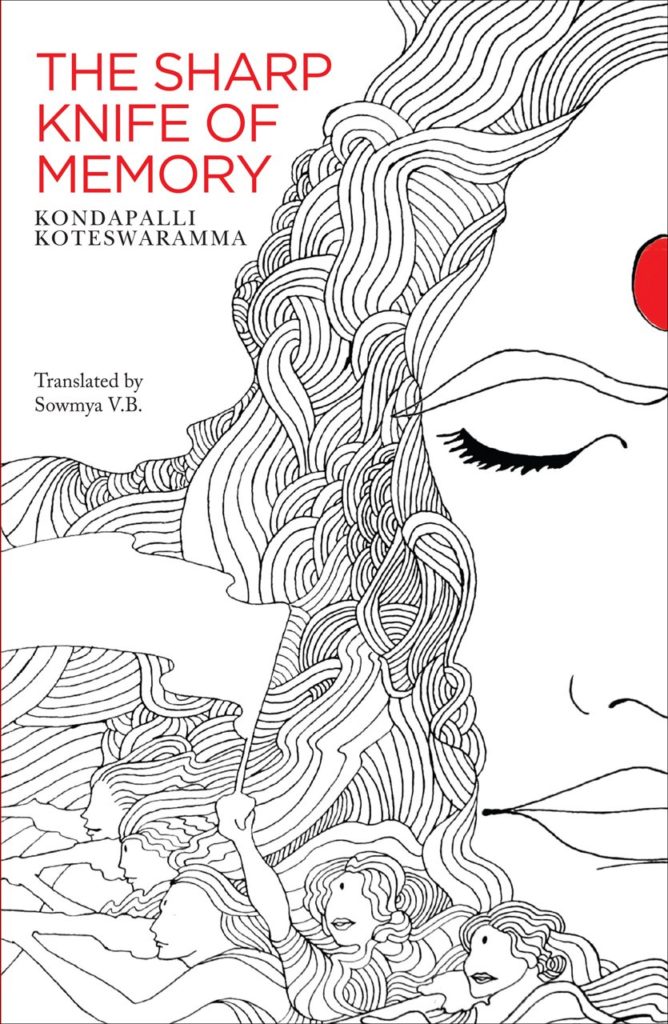
Sowmya Vajjala: I read the original a couple of times even before I knew I was going to translate it. So, while reading, I looked up some stuff to understand the context. As you will see from my other answers below, I am not from literary academia (I was an academic, but in a very different discipline) and have no training in language studies/literature/translation.
I just did chapter by chapter, looking up for historical events, and translations of certain special words into English etc. Considering that I was a PhD student busy with my own research at that time, my approach to the translation and related research has been much more casual than I would like to admit on a public forum.
How has Telugu literature evolved over the years? What do you think of the current literary scenario? Who are some of the Telugu writers and translators you would recommend to our readers?
Sowmya Vajjala: I think answering about “evolution” is a tough question. I am just another reader, who read a miniscule amount of what was produced over years. To me, it looks like there is lesser and lesser amount of metered poetry coming up over the years, and there are a lot of short stories in recent past.
I have kind of stopped following contemporary Telugu literature in the past few years, as I got busy with my profession. Pustakam.net, a Telugu website I co-founded with a friend in 2009, seems to be my primary source of new Telugu books nowadays (along with Facebook). People publish their personal takes on books they read on the website, and it seems to me that there are a lot of poetry collections and short story collections, and less novels, autobiographies, essays etc these days.
Recommended Writers:
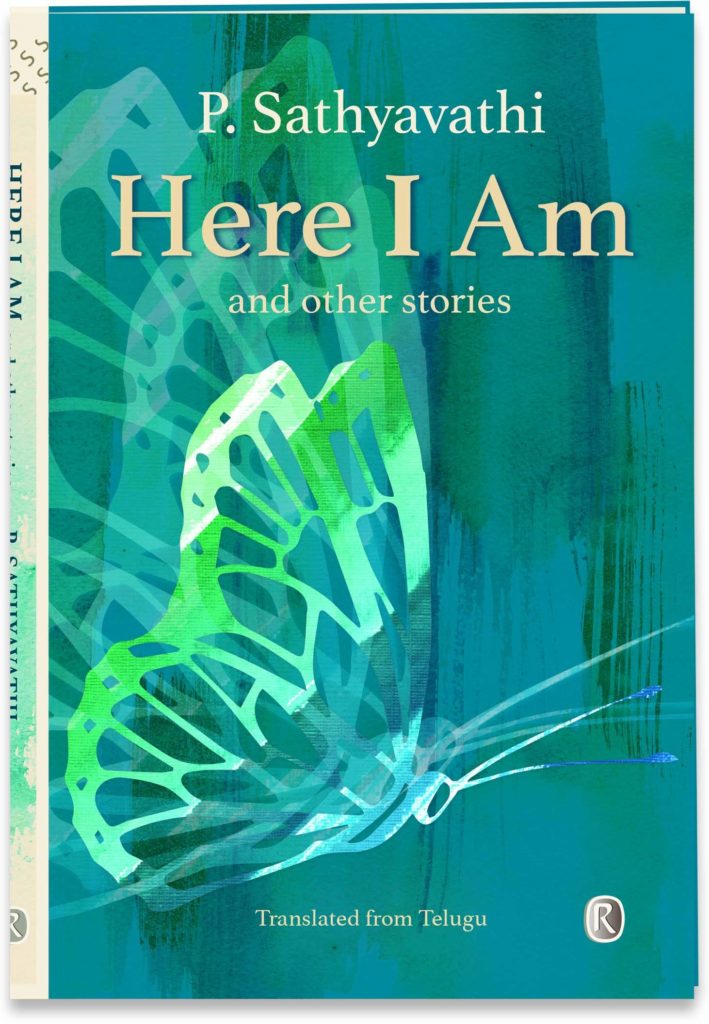
For now, I am a big fan of Kaloji Narayanarao – so I recommend him to everyone. I also enjoyed a lot of writings by Viswanatha Satyanarayana, although I am not too fond of his ideology. I also recommend P.Sathyavathi’s short stories – I describe her work as “feminism that is not on your face, but hits you hard” to everyone. Autobiographies of Sripada Subramanya Sastri, Mullapudi Venkata Ramana have had strong impact on my life. So I recommend them as well. There are many more, it is hard to pick, as I don’t particularly think about this much. If you ask me the same question a month later, I may give an entirely different set of names.
Recommended translators:
Telugu writer Nidadavolu Malathi translated a lot of short stories and ran/edited a website Thulika.net for (I think) about 15 years. The website content is still accessible, although it is not updated anymore. Others also contributed to the website occasionally, but to think that it was done on an individual level, and not institutional, is amazing. I don’t read Telugu in translation, for obvious reasons. So, I may not know a lot of people translating Telugu for others. There has been an effort to group all people doing translations into and from Telugu under one roof recently – there may be more recommendations from there too.
Is there epic literature (like Ramayana) in the Telugu language?
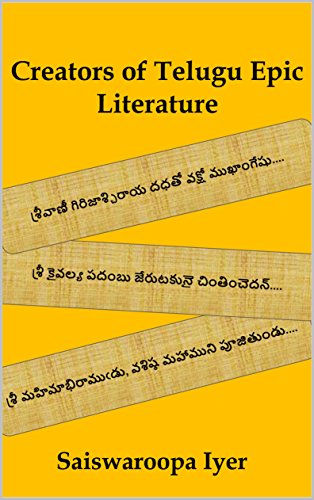
Sowmya Vajjala: Yes, there are Ramayana, Mahabharata, Bhagavatham, Puranas – all in Telugu, considered as epic literature. Then, there are a lot of other poetry which take some story from one of these as the basis and builds on it.
Author Sai Swaroopa Iyer, who writes in English, but is apparently a voracious Telugu reader as well, recently published a collection of essays on creators of telugu epic literature, which could be useful read.
How did the readers receive the translated version of the title – what was the response like?
Sowmya Vajjala: I don’t have a lot of info on that, as I was moving around a lot for the first few years after the book was out, and I lost touch with the publishers, and literary folks I know in general. However, just a month or two ago, a reader from Kerala tweeted about this translation, and some Malayalam magazine’s editor emailed me about translating this book from English to Malayalam. Since all this happened 5 years after the book came out, I am assuming the book is received well!
Do you have any rules or guidelines that you follow while translating? Is an academic understanding necessary for good translation? What according to you is a good translation?
Sowmya Vajjala: Considering that I am not trained in translation, and I have zero academic understanding, I think a good translation should just make the reader feel like they are not reading a translated work. This is the guideline I followed when I translated. I am sure there are more erudite answers for this question from many others!
Is there a reason why you chose to translate this particular title? What about it inspired you? How did Zubaan come to publish it?
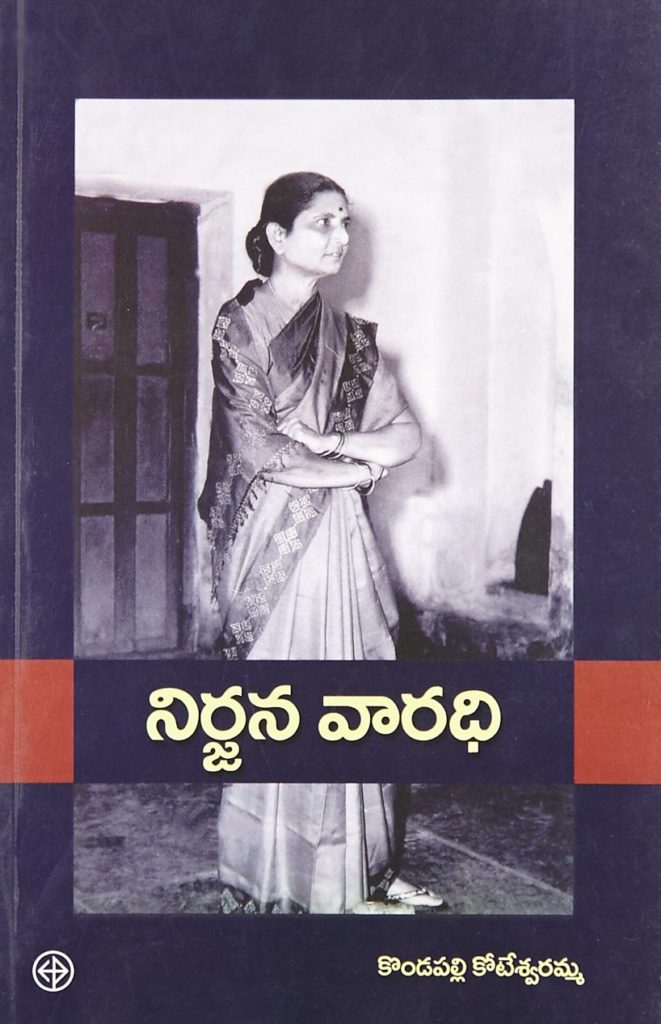
Sowmya Vajjala: I was one of the several readers who was moved by the Telugu original “Nirjana Varadhi”. There seemed to be no end to the number of tragedies she saw in her life, and she wrote all that without rancor towards anyone! She also participated in most of the people’s movements that happened in her lifetime. I found her whole life inspiring!
Coming to how I chose to translate: I did not choose it. It chose me 🙂 I happened to meet Gita Ramaswamy, who runs Hyderabad Book Trust, and who published the book. She suggested that I should try and translate it into English. I was excited about the idea, but considering that my writings in English are primarily on my own blog (very occasionally) and research papers in my discipline (Computer Science/Linguistics), I was a bit hesitant. But, she convinced me. We thought I can try a chapter and see how it goes. Eventually, I felt I can consider it a major achievement in my life. Zubaan agreed to publish it through Gita Ramaswamy garu again, and I am thankful to all these people for coming together and making this work through me!
What genre do you generally enjoy reading? What are the stories you grew up reading? Which genre, format is your favourite? Why?
Sowmya Vajjala: I don’t think I have a particular genre. I can say I enjoy reading autobiographies, personal essays, and graphic novels. Like many people in India, I grew up reading the likes of Chandamama, Amar Chitra Katha, Tinkle etc. -the last two in English, and the first one in Telugu. I also used to read a lot of books published by Childrens Book Trust, National Book Trust, Russian translations into Telugu etc. My favorite format has to be: a graphic novel autobiography (“Fun Home” by Alison Bechdel is an example).
What are you currently working on? Could you share with us a few details?
Sowmya Vajjala: Oh, I am not doing anything remotely close to translation or literature – I seem to have lost that part of me forever. I recently co-authored a very technical, software engineering focused book Practical Natural Language Processing, published by OReilly Media in June this year, which is doing well so far. Apart from that, I quietly blog about some personal experiences and stuff I read these days (mostly technical ones).
Quick questions
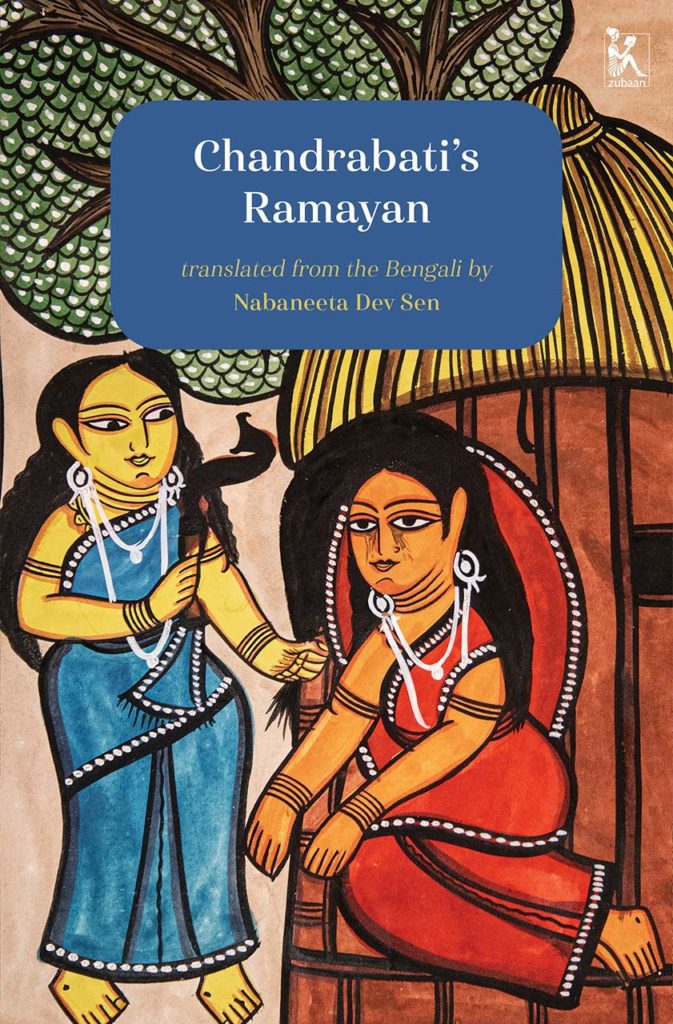
1. Tell us a translated work on your TBR pile
2. What are you reading currently
- Randomly picking a page and reading in “The Essential Rumi” and “The Many That I Am: Writings from Nagaland” (Zubaan Books) – both these are translated works.
- Reading an excellent collection of personal essays by Ellen Ullman – “Life in Code: A Personal History of Technology”, making slow progress.
3. A title from Indian literature that you’d like to translate to Telugu
- I don’t know these languages, and I read these books in English, so I may not be the right person to translate, but here are a few I would love to see translated to Telugu:
- Kannada author Sivarama Karanth’s autobiography (“10 Faces of a crazy mind” in English)
- Short stories by Satyajit Ray (original: Bangla)
- I am loving a collection of writings from Nagaland a lot these days. Perhaps some writings from Naga writers would be a good addition to what one can read in Telugu.
Some promotion of Telugu translators here: My friend Purnima is currently translating Manto’s short stories into Telugu, which is going to be out as a book soon – I think such translations enrich our experience as Telugu readers, as these are stuff Telugu writers perhaps did not touch upon, as our experiences down south to the same incidents that prompted him to write these stories are different.
4. A book you re-read often
I don’t think I read in entirety… but here are a few I enjoy reading a few chapters of now and again:

- “Anubhavalu-Jnapakalu” an Autobiography by a Renowned Telugu writer Sripada Subrahmanya Sastry
- Kothi kommacchi, an autobiography by Mullapudi Venkataramana, another renowned Telugu writer (I listen to the audio book as I don’t have a physical copy here)
- A few poems by Telugu poets SriSri and Ismail
- “Take us to your chief”, short stories by Drew Hayden Taylor
- “This Place: 150 Years Retold” – a graphic story anthology by indigenous community artists from Canada.
We encourage you to buy the books mentioned in this piece from your local bookstore as far as possible. If not, please use the links above and support us. Thank you.







